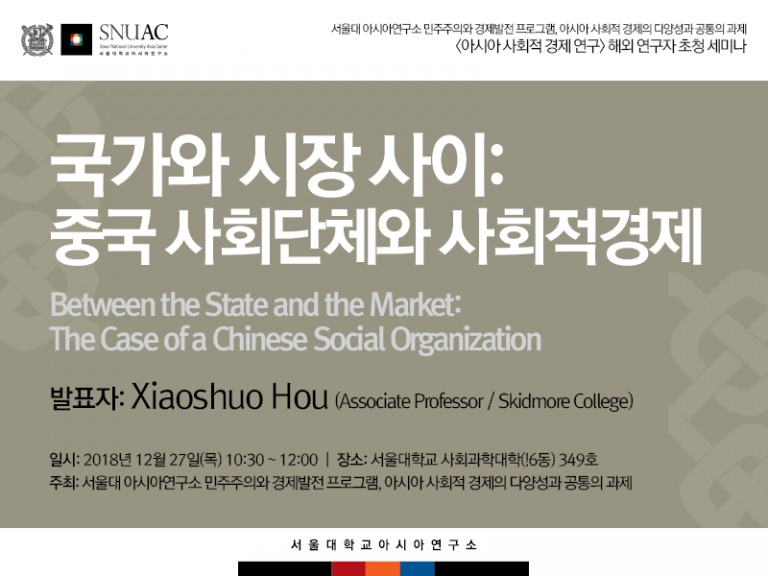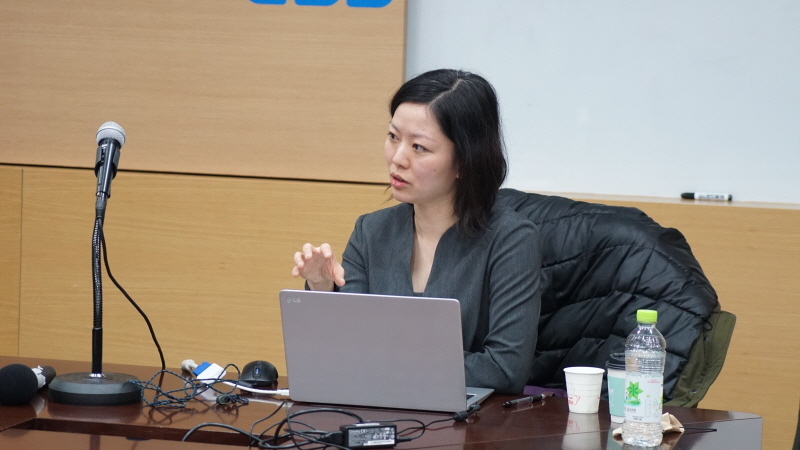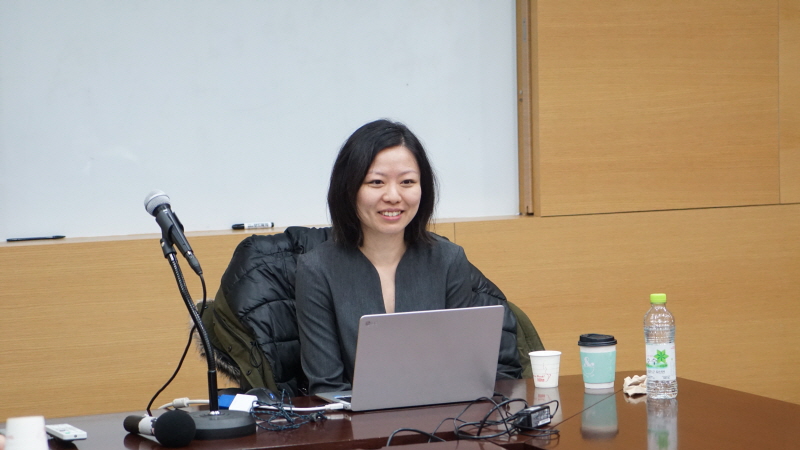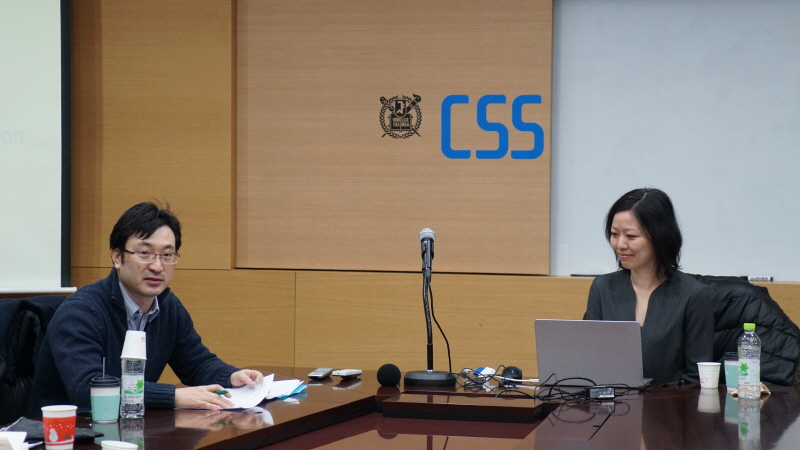Dance with the State: The Case of a Social Service Organization

Special Lecture
- Date & Time: Thursday, 27 December, 2018, 10:30-12:00
- Place: International Conference Room(#349), College of Social Sciences(Bldg#16)
- Speaker: Professor Xiaoshuo Hou (Associate Professor, Skidmore College)
- Organizers: Diversity and Commons of Asian Social Economy Project & SNUAC Center for Democracy and Economic Development
- Inquiry: Seokgu Han / blarge@snu.ac.kr
Abstract
This seminar, as part of the SNUAC Research Grant for Asian Studies (Diversity and Commons of Asian Social Economy Projects), invites scholars abroad to share and discuss the center’s research results in order to promote outstanding research outcomes.
About the Speaker
EDUCATION
2008 Ph.D. in Sociology, Boston University
Concentrations: Economic Sociology, Social Change, China
Dissertation: “Capitalist Collectivism: Contradiction or Synthesis?”
EMPLOYMENT
Skidmore College, Department of Sociology & Asian Studies
Associate Professor, the inaugural Frances Young Tang ‘61 Chair in Chinese Studies, Spring 2016-
St. Lawrence University, Department of Sociology
Associate Professor (with tenure), Fall 2015
Assistant Professor, Fall 2009-Spring 2015
University of Massachusetts Amherst, Department of Sociology
Visiting Assistant Professor, 2008-2009
TEACHING AND RESEARCH INTERESTS
– Sociology of Development, Economic Sociology, Sociology of Organizations, Sociology of China
Review



On December 27, 2018, Professor Xiaoshuo Hou (Dept. Sociology and Asian Studies, Skidmore College) was invited for a special lecture titled “Dance with the State: The Case of a Social Service Organization” co-organized by the Diversity and Commons of Asian Social Economy Project and SNUAC Center for Democracy and Economic Development.
The lecture began with a brief overview of the social economy and social organizations in China within the context of the three decades of state socialism where independent organizations were nonexistent before the reformation. The development of social organization including state regulatory changes was examined. Professor Xiaoshuo Hou described that data in this study are mainly based on interviews and participant observation at a registered social service organization located in Hangzhou City. The three major themes of this study’s findings were examined: The funding encompassing the interactions between formal and informal institutions, the dual edges of professionalization, and the strengths and limitations vis-à-vis the state. The special lecture ended with discussions on the paradoxical findings on the relationship between social organizations, the state, and the market in China and sought efficient ways for social organizations to be co-opted by the state and reforming the state as well as not challenging or opposing the state.
